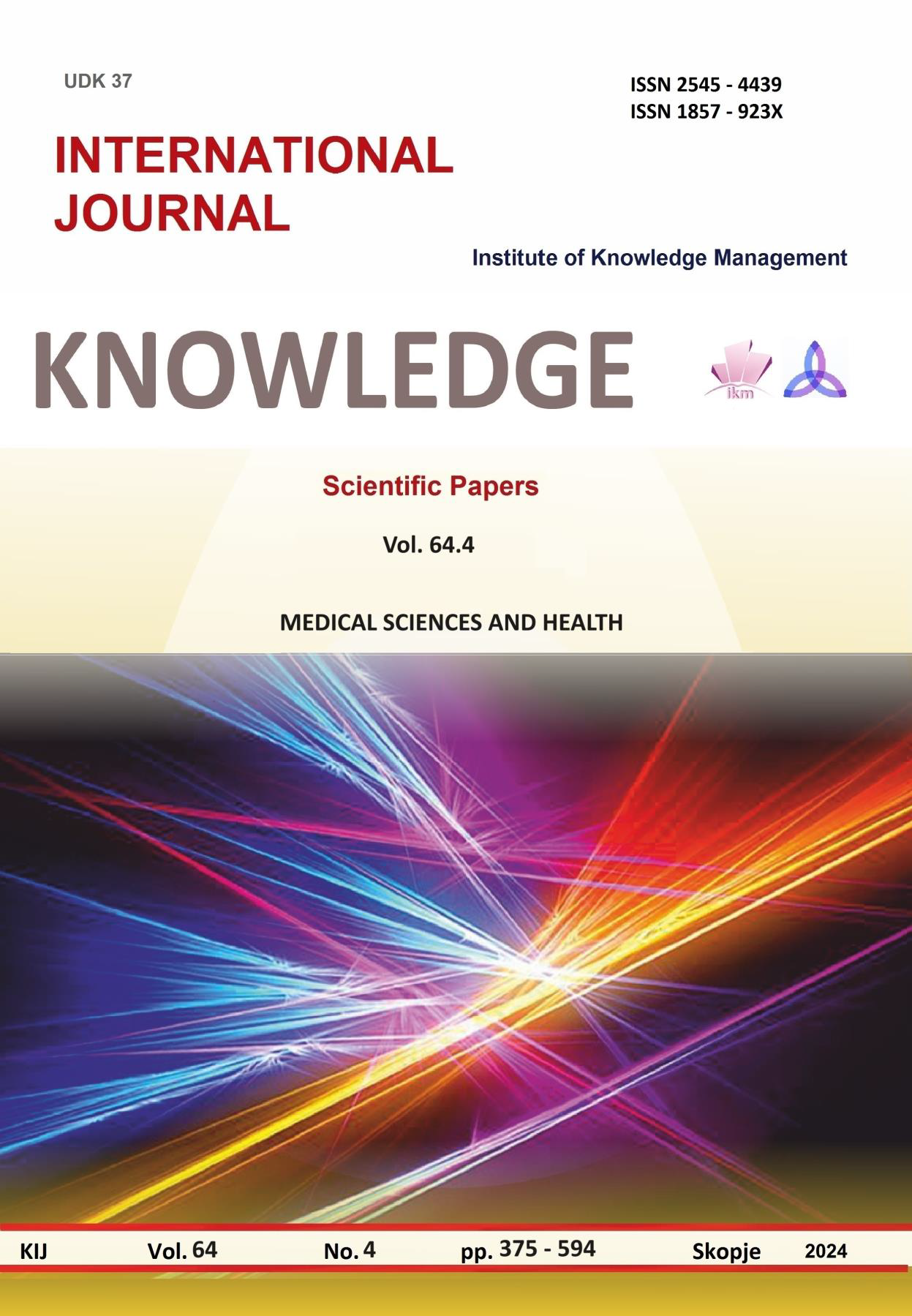POZITIVNO MENTALNO ZDRAVLJE STUDENATA UNIVERZITETA U SARAJEVU
POSITIVE MENTAL HEALTH OF SARAJEVO UNIVERSITY STUDENTS
Author(s): Amela Salihović, Jasmina Mahmutović, Arzija Pašalić, Suada BrankovićSubject(s): Psychology
Published by: Scientific Institute of Management and Knowledge
Keywords: mental health;positive mental health;university;students
Summary/Abstract: Mental health is an integral part of general health, which contributes to the quality functioning of individuals, families and communities. Mental health disorders affect 22.10% of the young adult population aged 18-25. years of life, which is the highest prevalence in all age groups. Mental health problems among students in higher education are an increasingly prevalent public health problem, and therefore evidence-based prevention is of key importance. Positive mental health is a strong protective factor against mental health disorders. As a key indicator of well-being, high mental health is associated with lower prevalence and incidence of anxiety and depressive disorders over a period of three to ten years. High mental health "Flourishing in life" is a form of positive mental health that differs from the mere absence of mental disorders, whereby, if we look at the health continuum (flourishing in life - languishing in life), most individuals are in its middle. The aim of the research is to assess the level of positive mental health of students at the University of Sarajevo. A total 814 students attending different groups of faculties of the University of Sarajevo participated in the cross-sectional study in the period from November 2021 to May 2022. A total of 805 subjects met the criteria for inclusion in the study. The research used a general questionnaire (demographic characteristics of respondents) and a mental health questionnaire Mental Health Continuum-Short Form. In the sample of respondents who participated in the research, the reliability of the questionnaire is α=0.91. In the research participated 70.81% of female students and 29.19% of male students. The average age of the subjects was M=21.56±1.22 years. The t-test revealed a statistically significant difference (t=-2.638; p=0.008), whereby the male subjects were older. By conducting a t-test, a statistically significant difference was found in the level of the average score of positive mental health in relation to gender (t=-2.229; p=0.026), whereby male respondents evaluated their positive mental health with significantly higher average scores compared to female respondents female. Out of the total number of respondents, 56% assessed their positive mental health as high so-called "flourishing", 5% of respondents rated their positive mental health as low positive mental health "languishing", while 39% of respondents rated their positive mental health as moderate mental health. Respondents who live with their partner and parents, respondents who always have enough monthly money, respondents who attend the Faculty of Criminology, Criminology and Security Studies belong to the category of highly positive mental health.
Journal: Knowledge - International Journal
- Issue Year: 64/2024
- Issue No: 4
- Page Range: 523-529
- Page Count: 7
- Language: Bosnian

